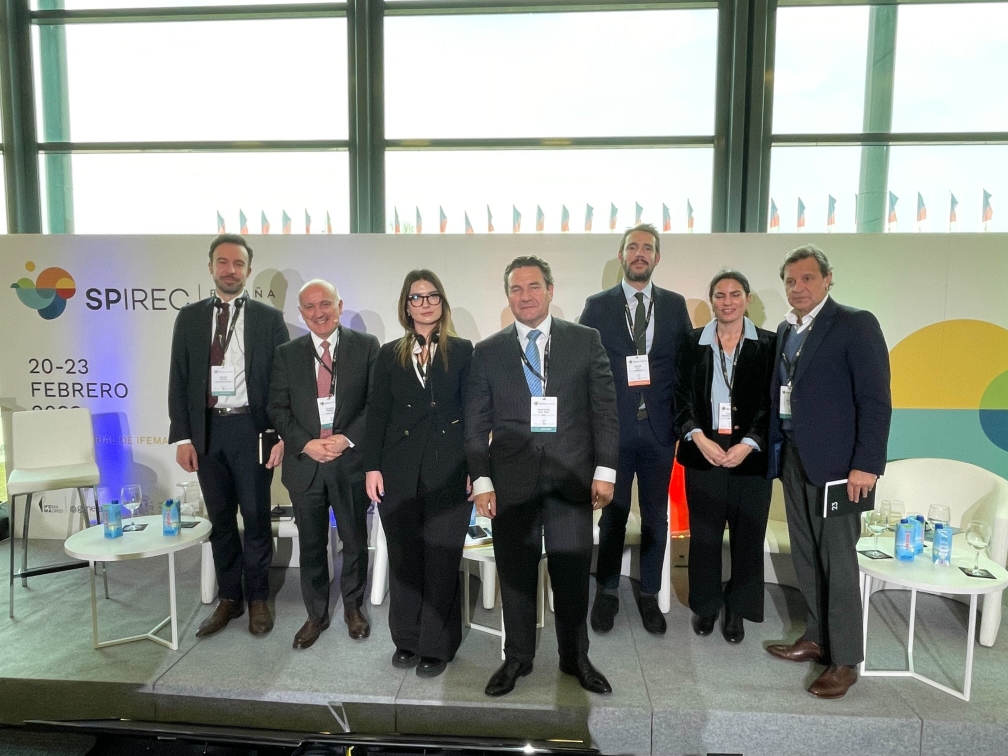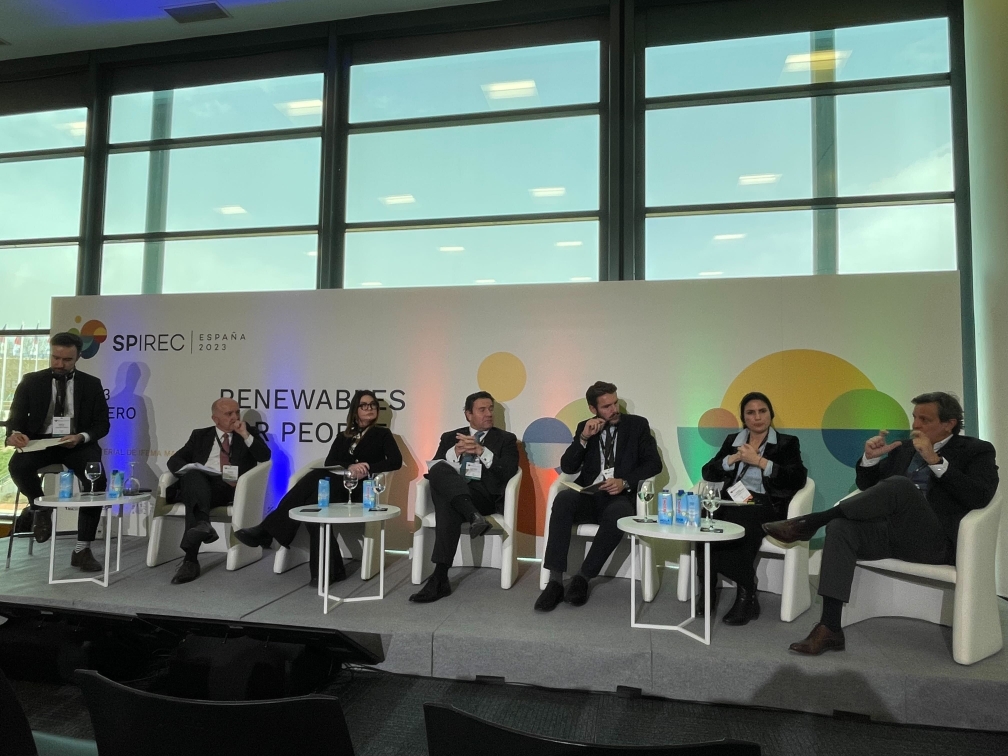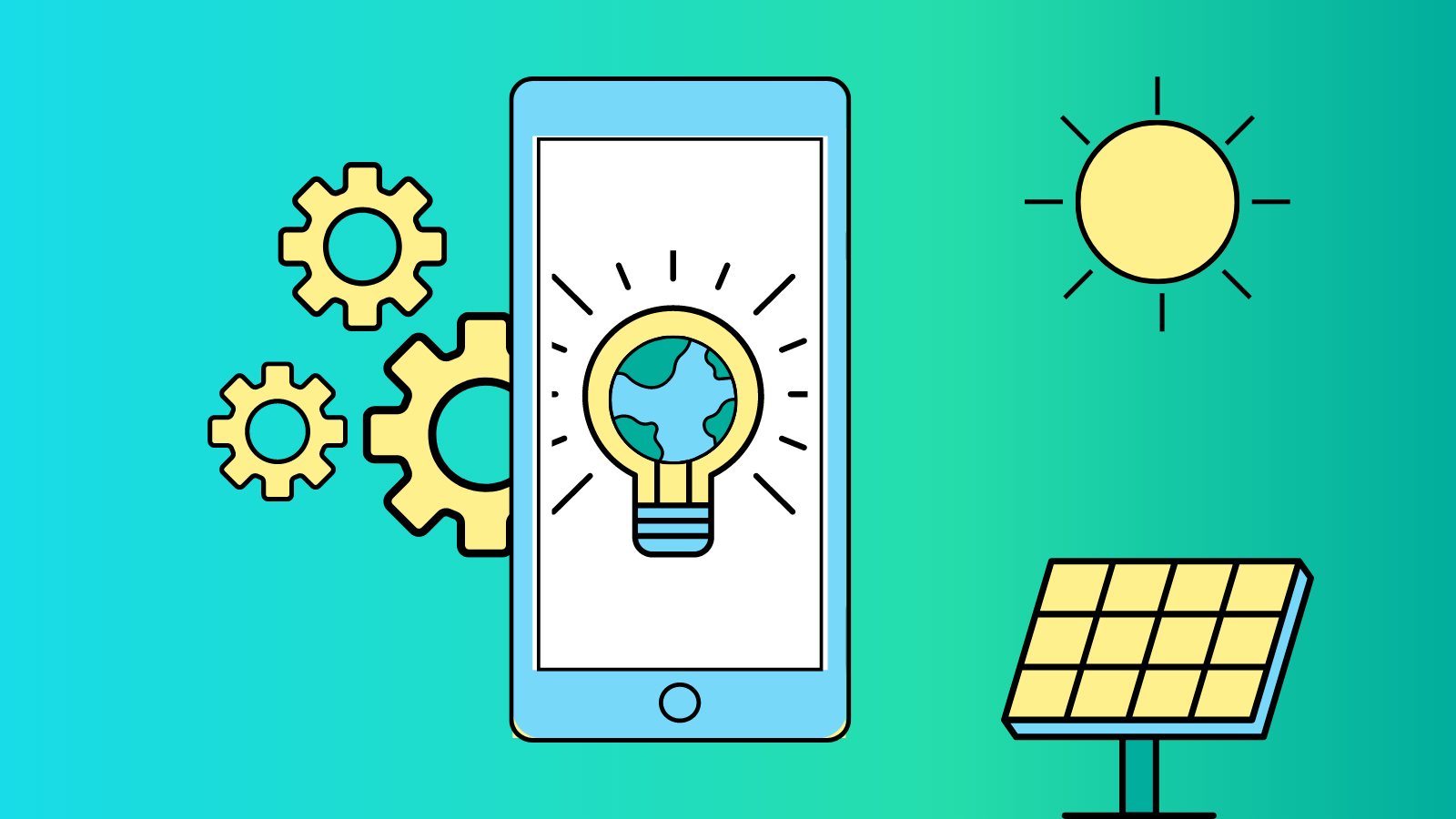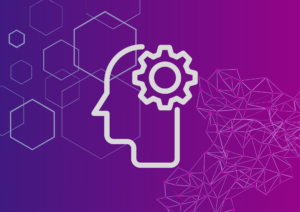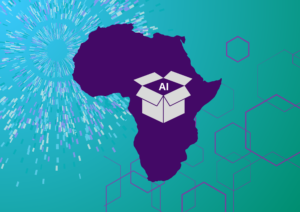The promise of digitalization and how it can speed the energy transition is a subject of much debate. The crucial role data plays in the uptake of renewables is an increasingly important question ranging from how responsible-data sharing models can address the challenges of up-skilling, interoperability, building trust across supply chains, and facilitating resource and system sharing.
The Spanish International Conference on Renewable Energies (SPIREC), held from February 20-23 in Madrid, Spain provided an opportunity to make SPIREC the turning point for the public debate on renewables.
The Datasphere Initiative’s Deputy Executive Director, Martin Hullin moderated an exchange on digitalization and the opportunities technologies such as Artificial Intelligence, Internet of Things and blockchain can bring to the renewable energy value chain.
Concerns about the fragility of global supply chains, and the need to accelerate progress toward climate neutrality were high on the agenda. And while digital tools show great potential to kick-start and accelerate renewable energy deployment, businesses and governments need support in leveraging data to design fit-for-purpose solutions.
”We need to make digital solutions accessible to all to ensure that no one is left behind. Businesses of all kinds need support to share data responsibly to unpack how renewable energy can play a role in supply chains and help manage and reduce CO2 emissions” said Martin Hullin, Deputy Executive Director, Datasphere Initiative.
Event participants exchanged on a variety of ways digitalization can help speed up the energy transition, underscoring the following considerations as important for future investments and initiatives:
- The renewable industry is growing rapidly and there are many challenges that need to be addressed in order for this industry to grow. Challenges arising around operations, logistics, and supply chains in renewable businesses can be solved through digitalization to increase the competitiveness of renewable energy.
- Digital tools and new technologies leveraging data can play an important role in moving plans to action. For example, for parts of wind turbines, the siting of turbines for construction, and the maintenance and approval times of turbines. But digitalization, like other aspects of the energy transition, also requires financial incentives.
- Data can help identify gaps and synergies between stakeholders and ecosystems. Data from various sources can be used to gain insights into the relationships between different actors in an ecosystem, identify areas for collaboration or coordination, and understand the impact of different stakeholders on the ecosystem, enabling us to develop more effective policies and strategies for sustainable development.
- People and skills is another topic to address. Energy transition offers a strong purpose to people who want to make a difference and digitalization offers opportunities for professionals to equip them with new skills in data science and management.
- Digitalization can support greater equity in the energy transition with increased transparency on energy data and opportunities for citizen engagement.
- What is missing is a solution for the responsible exchange of data for digital tools and experts for the digitization of renewable energy. Artificial Intelligence can be used to forecast and anticipate grid events. But as mentioned, digitization using Big Data and AI helps address operational challenges of assets in renewable energy companies but also helps in strategic and institutional issues.
“Digitalization offers the potential for re-using data to support broader energy objectives,” commented Laura Williamson, Director of Member and Institutional Partnerships at REN21. “Its disruptive potential also offers a way to transform dominant energy models and increase the development of new services to achieve a renewable energy future.”
- Read more about the discussion and outcomes from SPIREC 2023 here
- Read more about the role of data in digitizing supply chains to cut CO2 here
